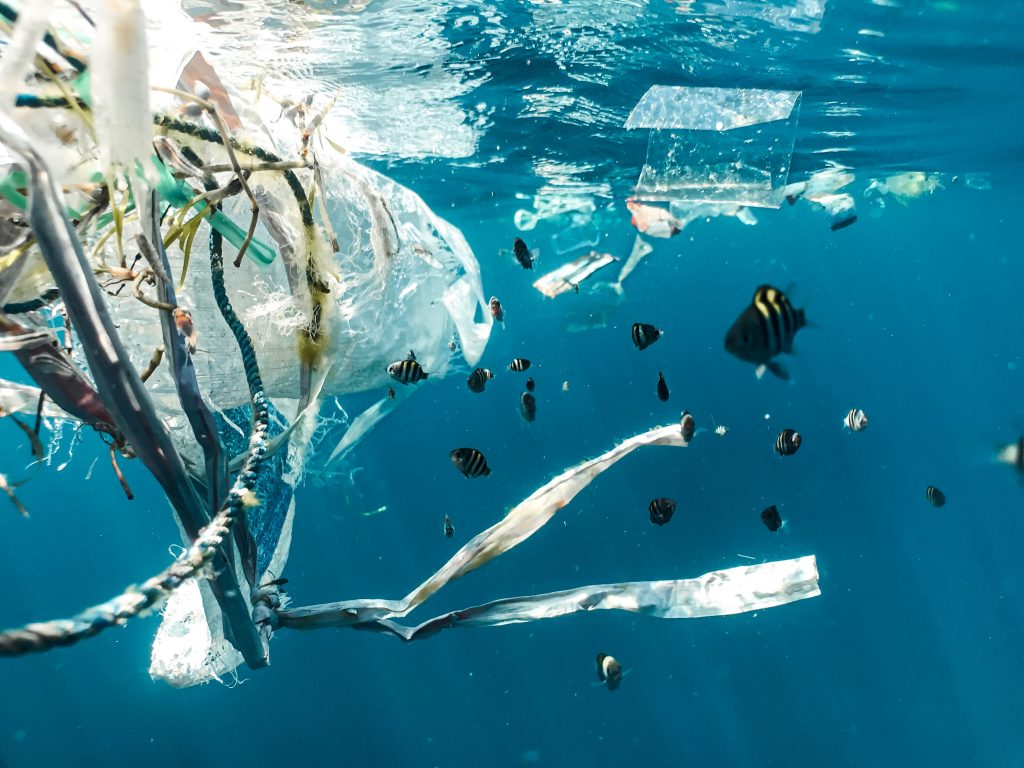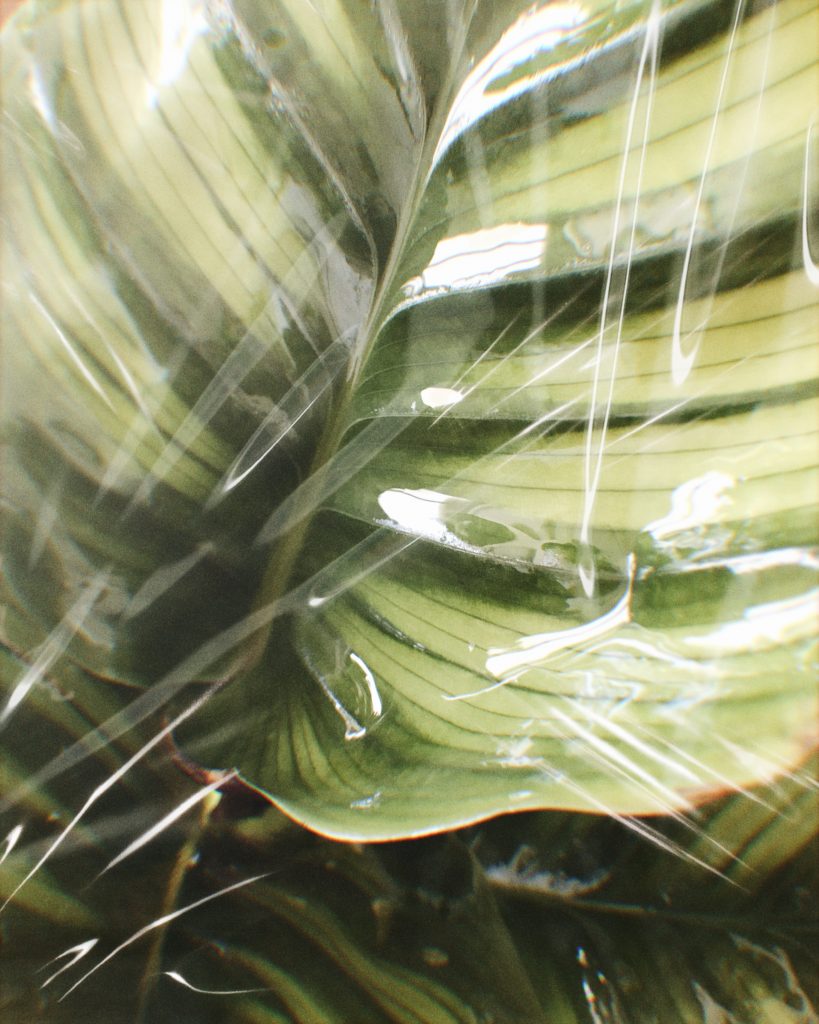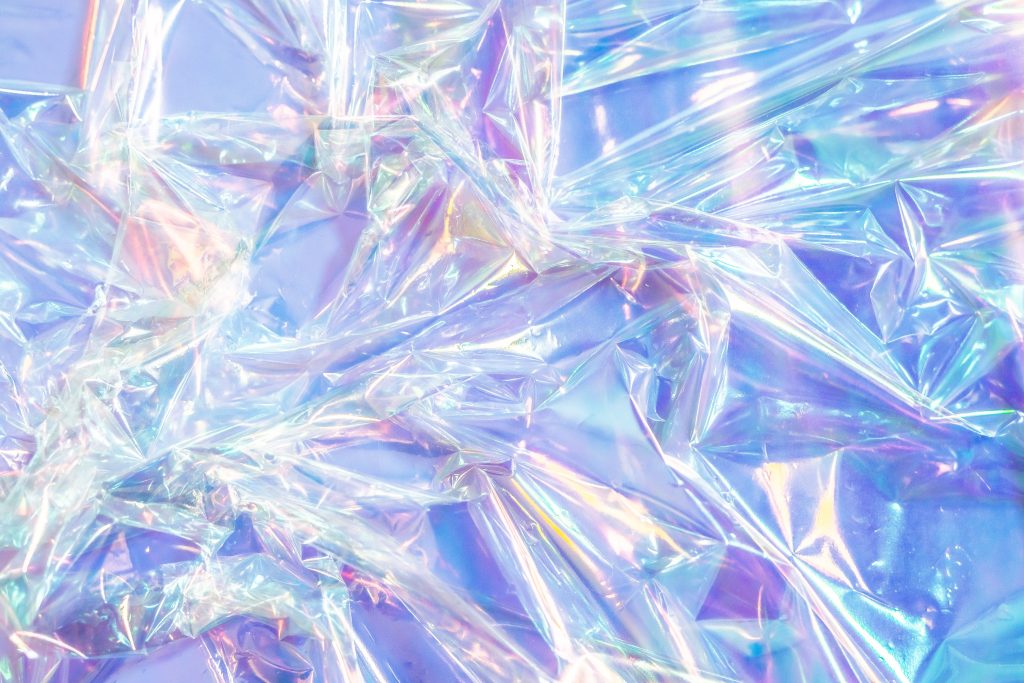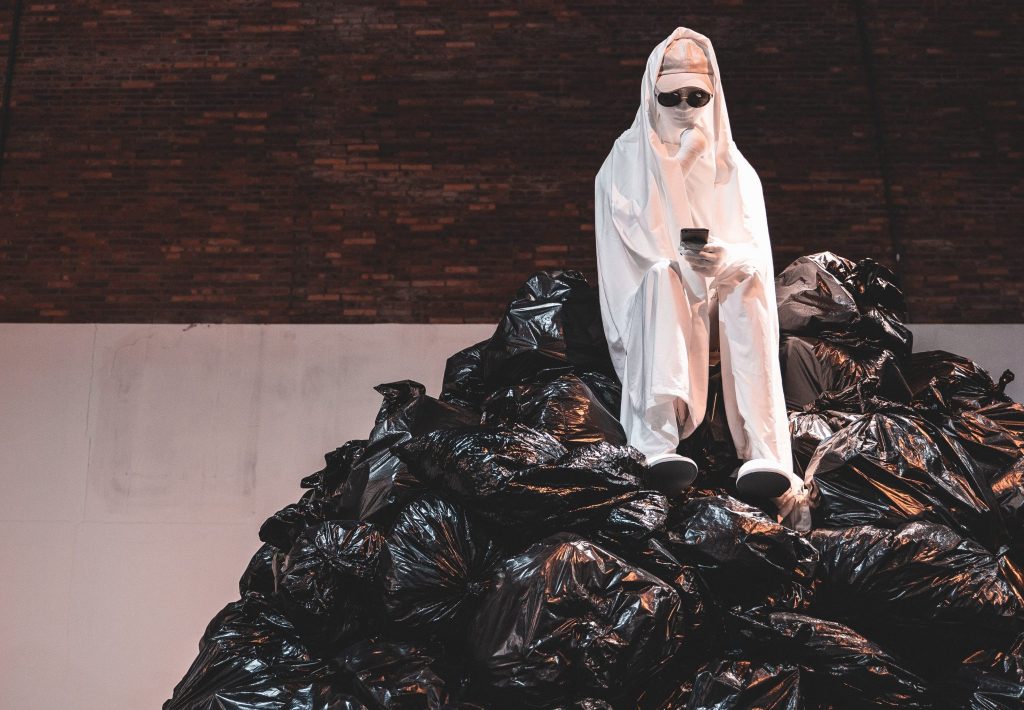
Discovered at Japanese plastic bottle recycling facility, a plastic eating bacterium, Ideonella sakaiensis has been identified.
Ideonella sakaiensis is a bacterium capable of breaking down and consuming the infamous PET (polyethylene terephthalate) that amounts to 20% of all plastic made each year. Ideonella sakaiensis uses PET as both as a carbon and energy source, allowing it to sustain itself.



The researchers at Kyoto Institute of Technology, Kyoto, Japan and Keio University, Tokyo, Japan report that a thin film of PET can be broken down, by a community of Ideonella sakaiensis, over the course of 6 weeks provided that the temperature is maintained at around 30 degrees Celsius.
The bacteria utilises two enzymes in breaking down the PET. Once it adheres to the surface of the PET, it then secretes an enzyme onto the PET that generates an intermediate chemical. Then, the chemical is taken up by the cell where another enzyme breaks it down. This process provides the bacteria with energy and carbon to grow.
The extent of Ideonella sakaiensis to degrade plastic all the way back into their core elemental building blocks, including carbon and hydrogen. Instead, they typically break up the polymers out of which plastics are composed back into monomers, which are often useful only to create more plastics. As for other plastics, such as HDPE, used to make harder materials such as shampoo bottles or pipes, there appears to be no bacterium hungry enough at the moment to address bio-degrading them.
Further mentions are, Morgan Vale who isolated three bacteria eating plastics when she was a senior in biology at Reed College in Oregon.

Disclaimer: The views expressed in this article are those of the writer and are unaffiliated to Felix Presents.